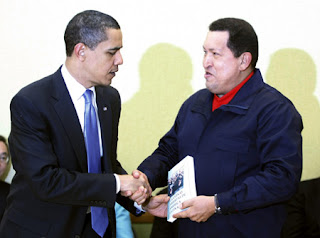The Olympic Games evolves each time around to be greater and greater, the spectacular major international event brings together countries from all over the world. This is the opportunity for a country to bolster its prestige, the opportunity to compete amongst the world’s best athletes to achieve international fame, to promote your country culturally and economically in the international arena. The spotlight is most definitely firmly placed and all eyes are on the host, how they will deliver. This is public diplomacy at it’s best for the host country, the athletes aren’t the only ones competing, firstly there’s the competing to be a host country, then to host the best Olympic Games in history.
The Olympic creed
"The most important thing in the Olympic Games is not to win but to take part, just as the most important thing in life is not the triumph, but the struggle. The essential thing is not to have conquered, but to have fought well." Baron de Coubertin
We’ve all been taught to believe this in life, however when abilities are ranked and your representing your country internationally a gold medal is what you want to take home. National prestige is at stake, this is not war but this is still very much a battle ground.
This is power politics, the government utilises all its resources to promote, inform and advertise their country, and overall to impression on all levels. The games are a powerful tool for those participating and also to the viewer’s, the powerful aspect of it being internationally broadcasted. It builds relationships between countries and also between the individuals partaking.
"I call upon all nations to observe the Olympic Truce. I am convinced that in this observance, and by working with the International Olympic Committee to promote the Olympic Ideal, we will draw the world’s attention to what humanity can achieve in the name of international understanding." Kofi A. Annan, United Nations Secretary General, February 1998.
It’s difficult to put aside political affairs and call this humanity competing in the name of good sportsmanship, physical strength and the race to be the best in your field. However, how are the athletes funded? Also the process in which the host country is chosen (International Olympic committee showered with gifts), and do they all have the same opportunities to nourish their talents. There are professional athletes with multi-million dollar sponsors competing alongside athletes that live on the poverty line, the host country have more time and access to the grounds to practice.
President Bush described the Olympics as a sporting event, and he merely attended the games as a sports fan, and Mussolini once described the games as the political system. Have times changed and is it only a sporting event, that’s an ideal theory in my opinion, Political interests dominate, the Olympics brings economic growth, creates jobs, increases tourism and foreign investment, there are many advantages to hosting the games. It was more likely that it was only a sporting event in the past, however with the mass media attention it attracts, and commercial opportunities. It continues to spread into other realms of society and has been used as a weapon for publicity and attaining creditability internationally.









